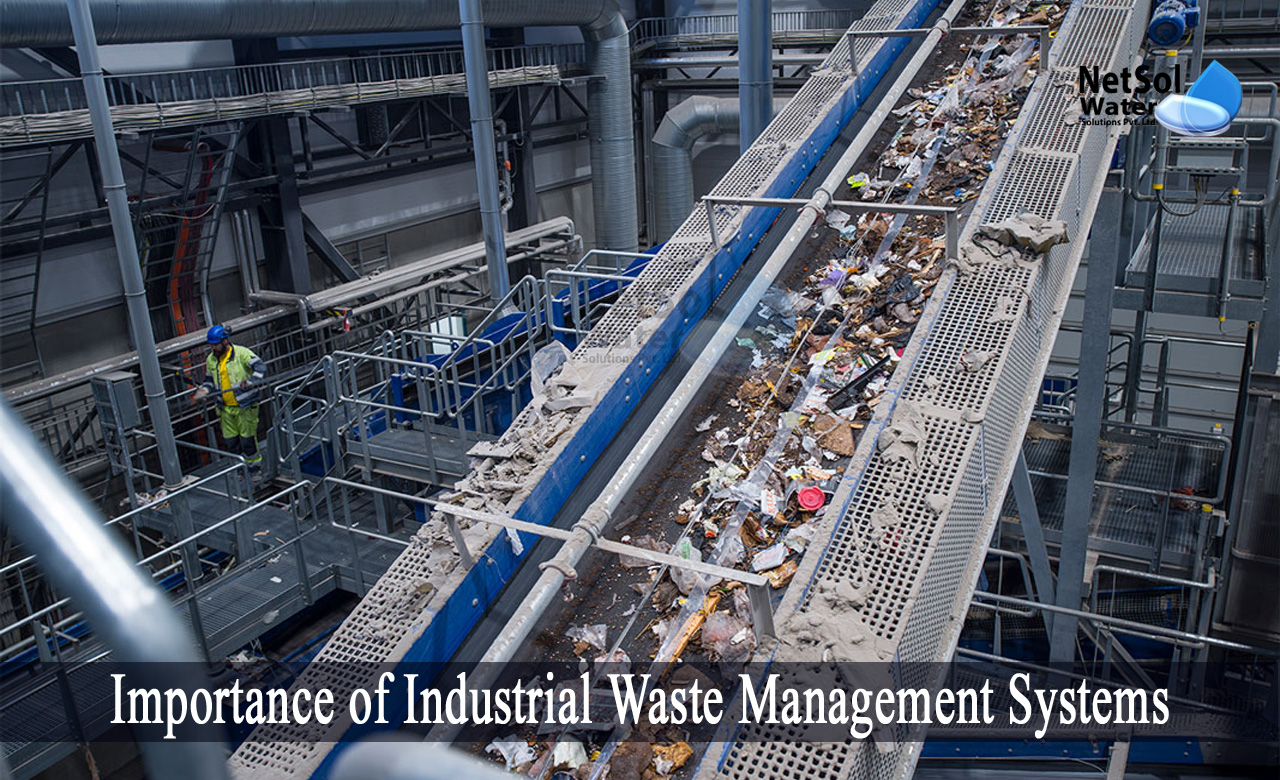Reclaim Waste for Dummies
Table of ContentsSome Known Details About Reclaim Waste Not known Facts About Reclaim WasteFascination About Reclaim WasteReclaim Waste Things To Know Before You Buy6 Simple Techniques For Reclaim Waste
Discover the kinds, occurrences, and forms of fluid waste. Domestic sewer waste describes the waste and products from a domestic septic tank. This kind of waste is produced by people in residences, schools, and various other buildings. This only includes sewage-disposal tanks that have a drainpipe field. The appropriate management and disposal of domestic sewer waste require liquid waste to be moved to a sewage treatment plant where the appropriate techniques and devices are applied to detoxify and take care of waste.
Industrial waste often includes prospective risks, such as combustible materials or a mixture of fluid and strong waste products, and calls for a more sophisticated and thorough disposal procedure. The disposal of commercial waste generally entails the filtration of waste before transportation to make certain risk-free and appropriate disposal. Industrial waste is created from byproducts and runoff of commercial processes and production.
This type of waste can not make use of the exact same sewage monitoring transportation or processes as septic or business liquids. The industrial waste management procedure calls for the examination and screening of fluid waste prior to it undertakes the disposal procedure (liquid waste removal). Overflow waste is the fluid waste that comes from runoff and excess stormwater in extremely inhabited locations or cities
Overflow waste can trigger contamination and flooding if not handled properly. Find out more regarding sewage system cleaning and waste management. Ensuring appropriate waste monitoring can protect against disasters and minimize environmental damage. Both individuals in domestic setups and specialists in industrial or production markets can gain from recognizing the processes and laws of fluid waste monitoring.
The Single Strategy To Use For Reclaim Waste
Contact PROS Providers today to learn concerning our waste monitoring and disposal solutions and the proper methods to look after the liquid waste you generate.
(https://www.callupcontact.com/b/businessprofile/Reclaim_Waste/9368278)Do you know what happens to your water when you draw the plug, flush the toilet or drain pipes the washing machine? No? Well, it deserves recognizing. This supposed 'wastewater' is not just a vital source however, after treatment, will certainly be launched to our land, waterways or the sea. Made use of water from toilets, showers, bathrooms, cooking area sinks, washings and industrial processes is called wastewater.

water used to cool down equipment or clean plant and equipment). Stormwater, a form of wastewater, is drainage that streams from farming and metropolitan locations such as roof coverings, parks, gardens, roads, paths and gutters into stormwater drains, after rainfall. Stormwater moves without treatment directly to regional creeks or rivers, at some point getting to the sea.
Everything about Reclaim Waste
In Queensland, the majority of wastewater is treated at sewage therapy plants. Wastewater is transferred from residential or commercial sites via a system of drains and pump terminals, recognized as sewerage reticulation, to a sewage therapy plant. Regional governments develop, keep and run most sewage treatment plants. Operators are licensed under the Environmental Defense Act 1994 to release treated wastewater at an acceptable ecological requirement into waterways.
The Department of Natural Resources encourages regional governments regarding handling, operating and maintaining sewerage systems and therapy plants. In unsewered locations, neighborhood governments may require homeowners to install private or household sewer treatment systems to deal with domestic wastewater from bathrooms, kitchens, washrooms and washings. The Division of Natural Resources authorizes the use of home systems when they are shown to be effective.
A lot of stormwater obtains no therapy. In some new subdivisions, treatment of some stormwater to remove trash, sand and gravel has begun using gross toxin traps. Wastewater treatment occurs in 4 phases: Eliminates strong matter. Larger solids, such as plastics and other objects wrongly discharged to sewage systems, are gotten rid of when wastewater is gone through displays.
Wastewater then moves into huge storage tanks where solids work out and are removed as sludge. Grease and scum are skimmed from the surface. Makes use of tiny living microorganisms knows as micro-organisms to break down and get rid of staying liquified wastes and great particles. Micro-organisms and wastes are included in the sludge. Eliminates nitrogen and phosphorus nutrients that could create algal blooms in our rivers and intimidate marine life.
The Best Guide To Reclaim Waste
Nutrient elimination is not available at all sewage treatment plants due to the fact that it calls for pricey specialist devices. It is ending up being more common in Queensland. Clear fluid effluent generated after therapy may still consist of disease-causing micro-organisms. If this effluent is released right into waterways such as rivers or the sea, the micro-organisms will ultimately die out.

Most wastewater streams right into the sewage system. Under the Act, neighborhood governments provide authorizations and permits for ecologically appropriate tasks (Periods) including wastewater releases that may have a local influence.
Reclaim Waste Can Be Fun For Everyone
Otherwise, samples are considered research laboratory evaluation. Typically several examinations are needed to establish the levels of each of the different toxins such as oils, heavy steels and chemicals in water. Tracking gives accurate info regarding water quality and can verify that licence conditions are being met. The information obtained via monitoring provides the basis for making water quality decisions.